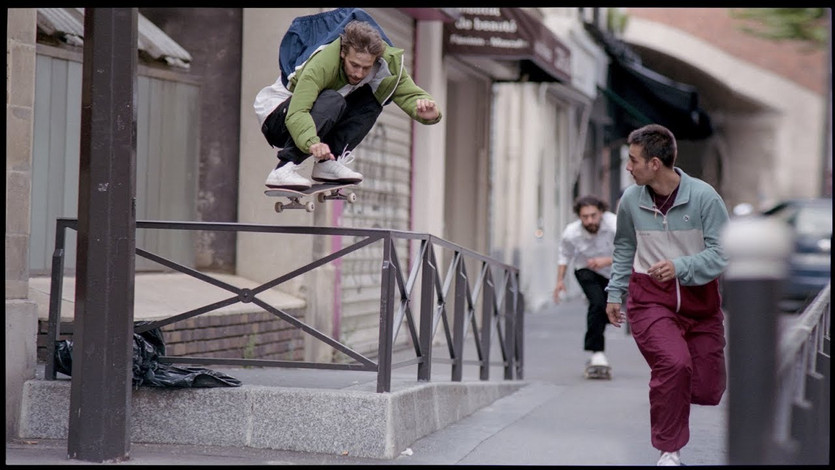Boulevard Magenta
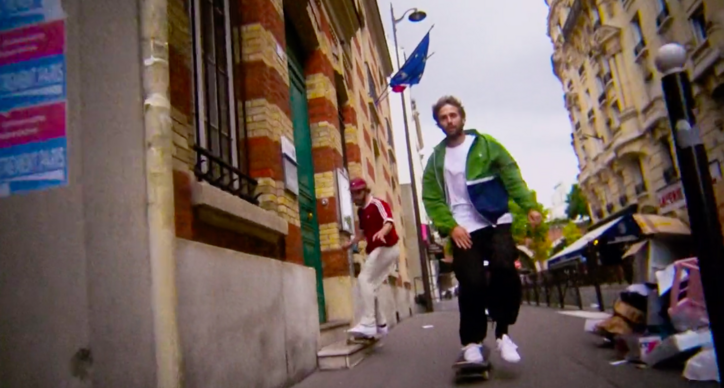
For the second three-stripe shoe they added detailed art, aesthetics by Soy Panday that seek Magenta's energetic, easy attitude.
- The collection is sold at the adidas Skateboarding site.
Stay informed on our latest news!

For the second three-stripe shoe they added detailed art, aesthetics by Soy Panday that seek Magenta's energetic, easy attitude.
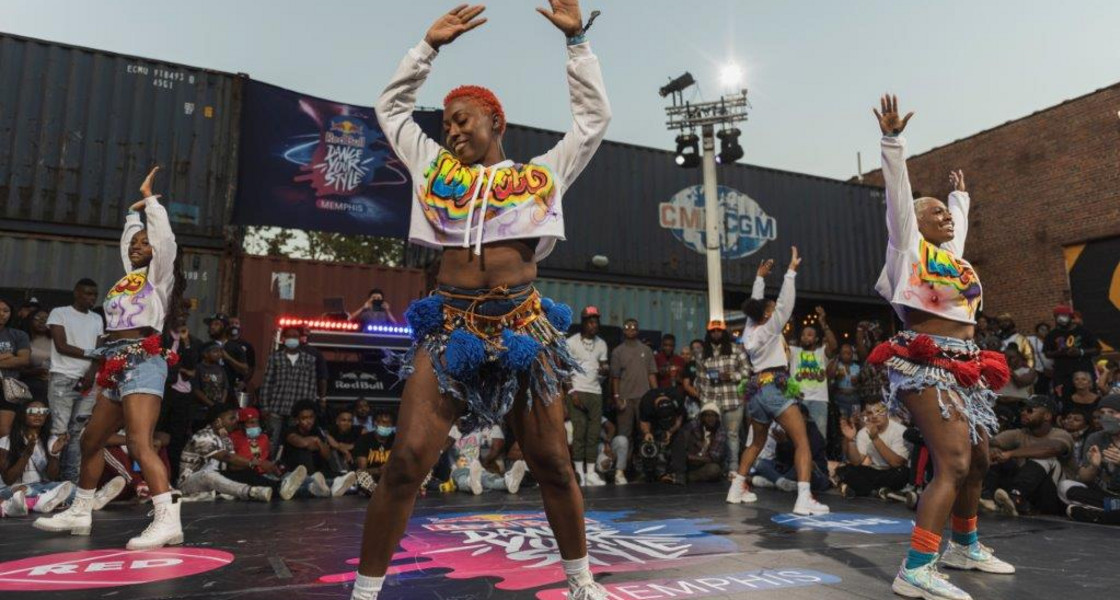
Diving deep into the personal history of dance, and the larger narratives we build through movement, office went 1:1 (although not in cut-throat competition) with pioneers and stars-on-the-rise Weezythephoenix, Sina the Doll, Myles Yachts, and Sohlid Gold. Sharing their own experiences, approaches and unique styles, each dancer stands as a testament to the complex, and multi-faceted creative engine of the South.
Check out our interview with the Southern stars below.
Tell me about yourself, how did you start dancing?
Weezythephoenix—Dad's military, mom's a paralegal so as far as like livelihood growing up, we just always learned to adapt. That's what it is, is that adaptation regardless of whatever the height of the social climate is where we live and the introduction of dance really came about more like solid training species and stuff like that. But my grandma was really big on the movies are black and white films and all that good stuff. So it's kind of how the inspiration came to dance. Because I was really inspired at a young age to figure out why there was no sound in film all the things people say. So it kind of worked out that way.
Sina the Doll— I basically started dancing when I was like four or five It was just something no it was just like within the family that we all did. My and my sister just used too make like choreographies and you know go show our family downstairs when we had like Thanksgiving or something. I’ve been dancing for eight years and it's still kind of like, you know, a pinch myself feeling. I still don't feel like it’s real. It's like it's so surreal you know? I really didn't think this would happen to me or that I would get this far.
Myles Yachts— I've been dancing for about 15-16 years. And yeah, it's, it's my passion. I’m also a rap artist. I love music and music producing. And yeah, just I just grew up always around music. You know, I caught on to dance pretty late, come on to dance party, like when I was in high school. And, and I just, I don't know, I just always like seeing it always was one that was just like, wow, this is really dope. I wish I can do that. until I started practicing or doing that. And now it's my profession.
Sohlid Gold— I can't pinpoint how I got into it. I can say I took it serious at 17. I feel like there is this art, there is always a part when people just decide to take it serious. Because depending on the type of art, you want to express, depending on your family, your college or where you live, people may make you feel bad about it. So that caused me to suppress it. And now I can mark the date on when I finally broke free and said screw what people think I'm going to do it.
How did your environment impact your creative expression?
SG— I grew up in an area in New Orleans, where everybody was a thug, it's like if you're not doing that, then it's not cool. So dancing was shunned where I was from. There wasn't many dancers that were successful. So people were like, what's the point of it? And I believe them, but I couldn't stop dancing. And I was like, screw it. WP: I grew up in different parts of Nashville. I grew up more the east side of Nashville like Inglewood and then also south side of this bar so we moved around a lot because again My dad was in the Navy so we figured it out and made it work with dance. My introduction to it that was really from the silent movies and all that good stuff and just seeing how you could move people without having to say any words and sometimes not even having music.
Do you have any early musical and dance influences?
MY— I've always had like a wide range of music that I always listened to because my dad ran. My dad ran a rehearsal complex called Memphis rehearsal complex that was downtown. And there was like, so many studio rooms in there and basically like salon, GTO experience. I would listen to like Linkin Park, Evanescence. Also rap music like Three 6 Mafia, Yo Gotti. T Love or like Project Players like Gangsta Boo. So I listened to all these rap artists, you know, when I was young, I just mixed the things. I would never be like, I only want to listen to the hood shit. You know, I want to listen to everything. So I feel like that really helped me in my musicality and to see music differently.
SG— I would listen to stuff that was weird for a young black guy. I would listen to Queen, to Fleetwood Mac. I will listen to Al Green. You know, a lot of pop popping music. Funk, James Brown. So growing up, I was always different.
WP— You can grow from any type of dance style. It doesn't matter, I had the same love for ballet that I would have for waack. I have the same love for West African that I would have for watching a jooker, because at the end of the day, regardless of how anybody puts it style or not. It's all dance. It's all a dance. So you have to try to respect it on a productive and positive tip.
How does it feel seeing Southern styles become trends on Tiktok, like the walk through you choreographed, Myles?
MY— This is I'm from where it comes from. So by me being from here and to see the world on it. It means everything, you know, it’s like, okay, we went out for the city. You know, we have a dance style that's from our city, that's blowing up. So that's the love, you know, we do we do these things to put it out there and to receive the love back. And that's what we're doing. And as soon as beautiful. It's a great feeling to get your city recognized, you know, because there's so much talent. You know, it's a lot of talent.
SD— I do love to see it. It’s really exciting, but its also like, I’ve been doing this forever. You know, doing it the right way putting the real energy into the real spirit and like someone who just does it one time and don't really do it right just go viral. And I'm like, Damn, what about me? I'm actually putting in the work. There’s just a certain way like, there’s a bounce to it. Most people just don't have that bounce in it. You just gotta come here and be here for a minute, then that’s how you catch on.
SG— So there's one thing I do respect about life is never get angry. Just work hard. There's many choreographers that I've met that came to New Orleans with a promise of taking New Orleans Dancers away to show the style, but instead they come record us and then they show the style. That's why I like Meg Thee Stallion a lot, because she ended up coming and talking to some people herself about the Body video. Those were all New Orleans dancers. Some people make sure they pay homage, others they just try to snatch and go. Tell me a bit about the origins and influences of dance in the South.
What are some of the origins of the Southern style?
WP— All dance, for me, originates from people who were oppressed or had to deal with something and figure out a way to navigate and not feel that hurt. I feel like, traditionally, especially when we talk about street dance, it’s more of a Black and Latino type thing. I won’t speak for other people because their story is just as valid as mine. In the South, we have a completely different way that we hear and move to music. It’s a lot more rhythmic. Especially even, if you get into like the Atlanta culture, stuff like that. It was a lot more live instrumentation, so you had to know, like, what the horn was going to do. You had to know what the drum and bass was going to do. So people had to know what the Lord was going to do. People had to know what the drum and bass was going to do. That’s where it came from for me, and as a waacker, I also had an understanding of like disco, Soul Train type vibes.
SG— The style of dancing is unique compared to the rest of America. I would always say that New Orleans is not a part of the US. It's like a third-world country. Well as the years went on, and I did my history, I learned that a lot of Haitian patient slaves came there, you know, and that's how we get that Creole tongue. The lingo that people love about New Orleans when we say baby, buku you know, it's all mixed in. So what happens is that the style we call bounce, and then the second line dancing we have which is the jazz parades, we call it a second line. All of those styles of dancing show you the culture.
How would you describe your own style?
SG—That’s my style. Mixed in because that's where I grew up. So I'm a part of that culture but I do love hip hop. I love what the world love. I love Michael Jackson. I do all of that. It's like one big gumbo style of what I do—a mix of the Haitian style and like African dance, that’s the dope part about it, and jazz. I don't know how jazz was introduced to the different slaves but if you’ve ever seen a second-line dance, and when I took jazz and ballet and I learned the proper terminology for certain moves, I was like hold up we do that but in the street way.
WP—My style it's very hard to summarize my style because I feel as though, I look at dance as a constant evolution, and it's constantly growing.
SD—When I'm hanging out, I'm a different person. I'm more like introverted and shy, but when I'm jookin, it's just like I turn into Sina like I'm Jesina when I’m out in public and then I’m Sina when it comes to dancing. She's more confident, like she don't care she'll just be herself, you know?
And what about the Memphis style in particular?
SD— I wouldn't necessarily say cocky. We're a little cocky but humble at the same time. We’re just much more like confident with our style
MY— You have to come to Memphis to understand, you know? Like, if you want to learn French, you got to go to France.
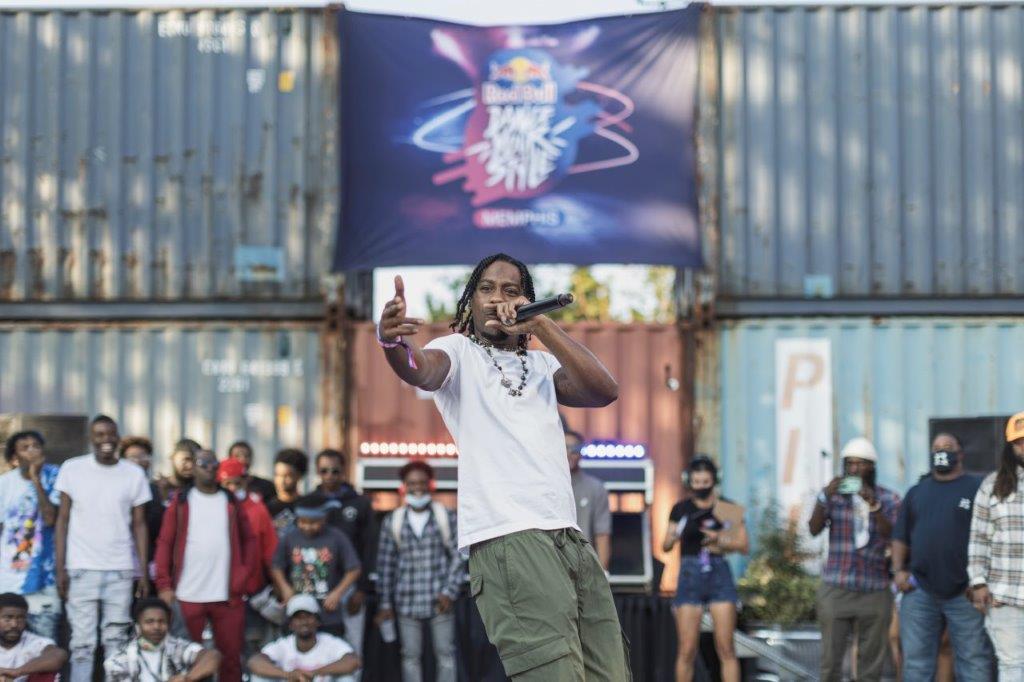

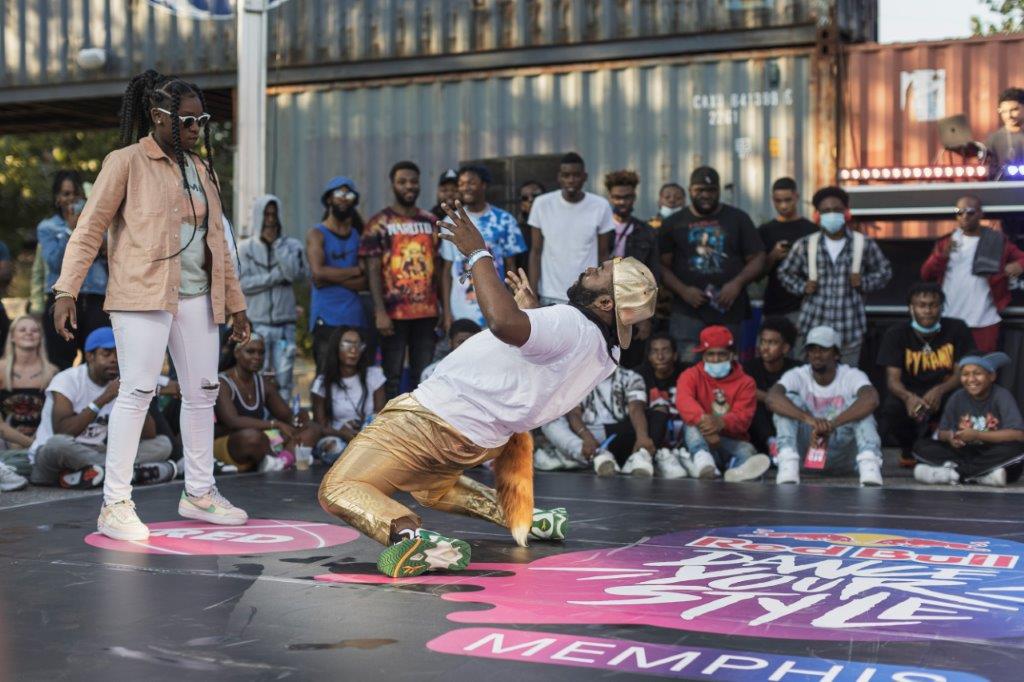
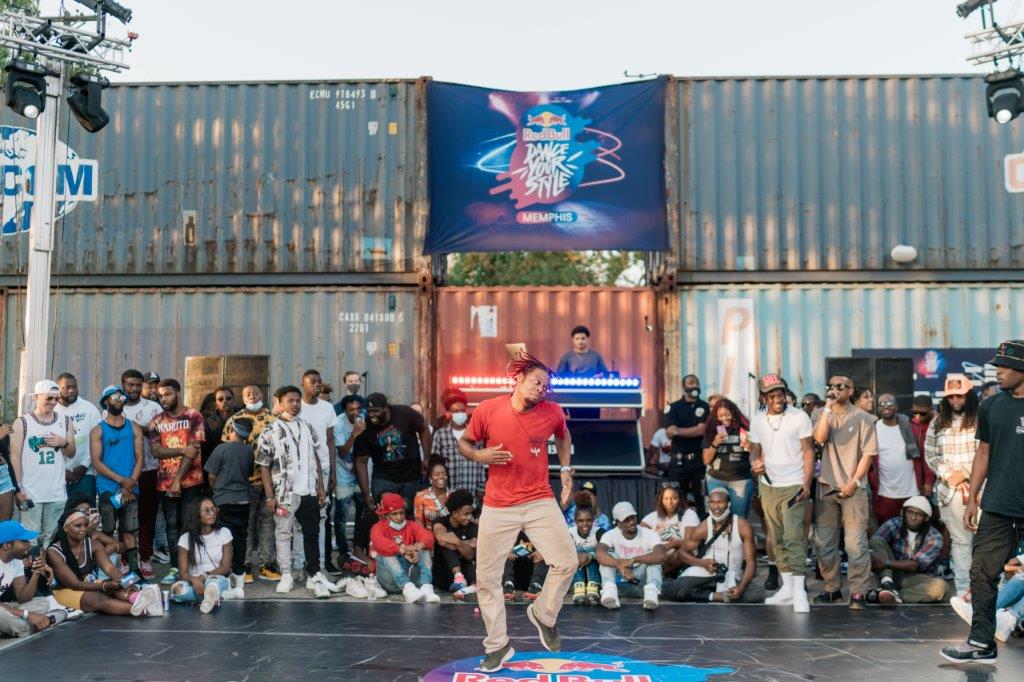
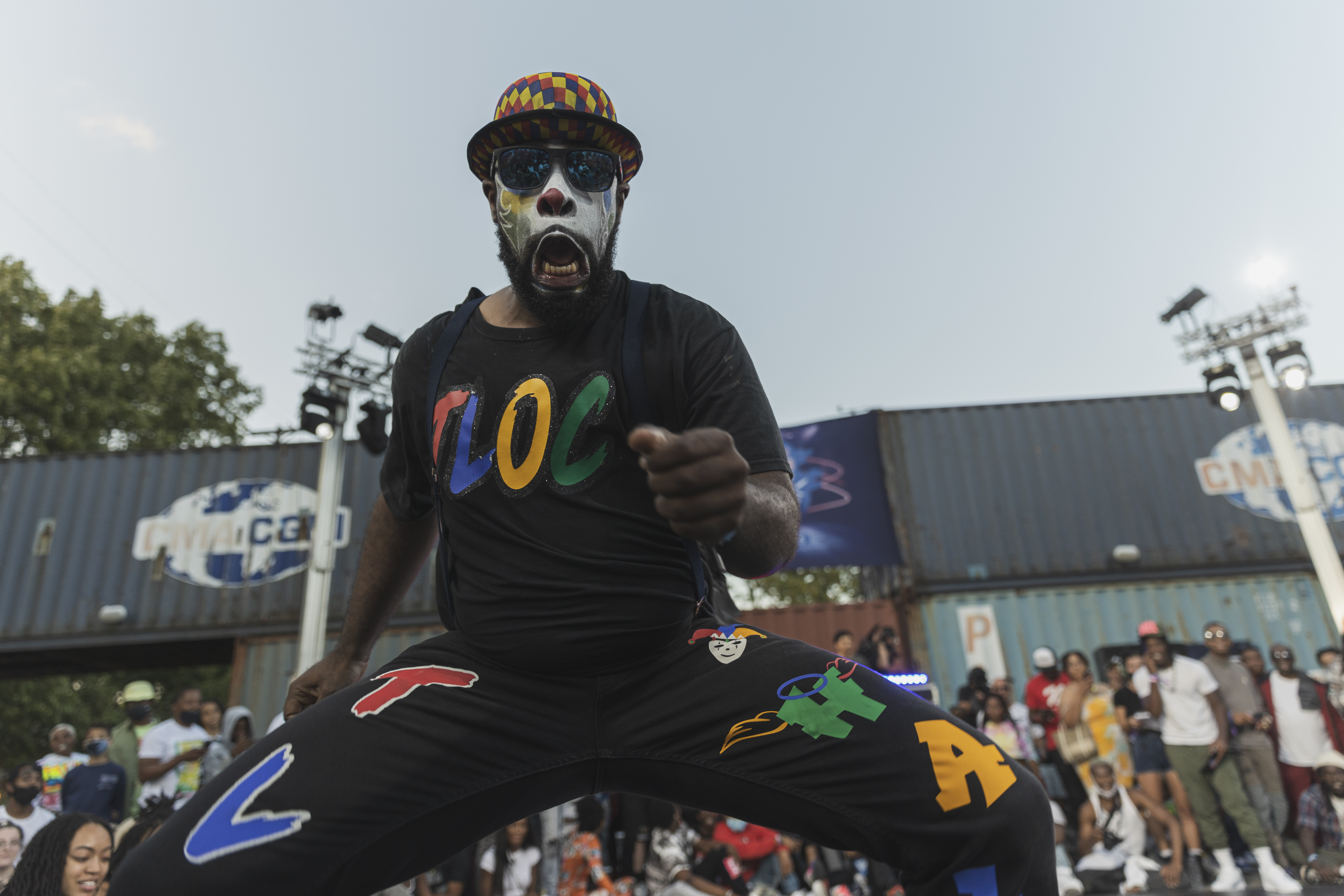

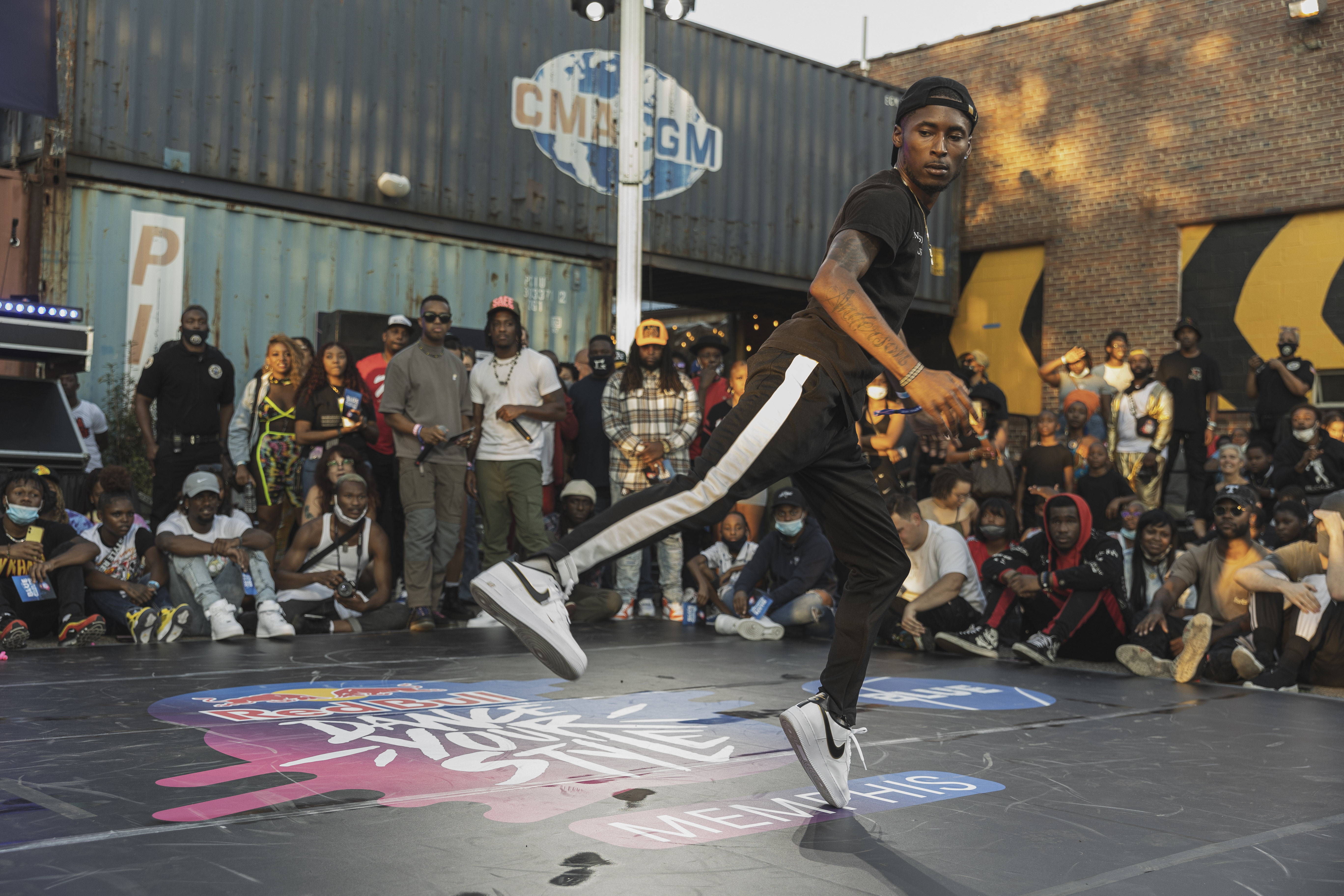

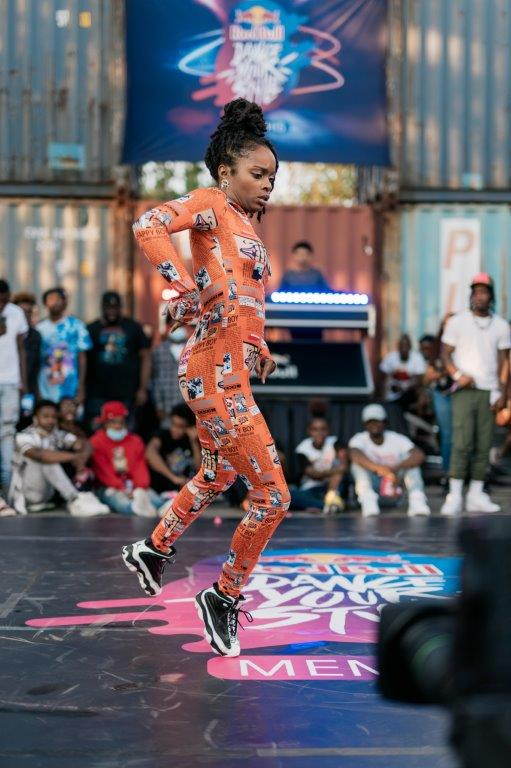
Last weekend in Memphis, at the Red Bull 'Dance Your Style Qualifiers', for a moment in time, the future came to fruition. In the heated final battle between two of LaShonté's own students, Dance Beast Elise and Jadyn Smooth, the tradition, spirit, and expression of the Memphis style gained new life. Despite the cut-throat competition, there was palpable mutual respect. From the flames of the finale, Jaydn Smooth carried the Memphis crown into D.C. for the final Red Bull Dance Your Style national competition.
Check out our interview with LaShonté Pop and Jadyn Smooth below.
When did you start dancing?
Lashonté Pop—I started super young. My mom was a singer. Well, she still sings and dances but not at that level. But my mom was a singer and a dancer. And I basically just started with her. Like I sang with her. I started touring with her doing African dance on an African dance tour when I was like three. Honestly, I don't remember any of my part. I just remember that the crowd will go crazy. People would go crazy because I would always almost fall off the stage. I was that wrapped up in it. But my mom started putting me in classes. I started with like cheerleading which is like pom-poms and you know, super commercial and technical type thing. I took ballet and tap and jazz. And of course, I was still doing African. And I was just like on dance teams and doing UDA pom-pom type stuff. But then when I got to high school is when I started really like exploring and crafting my own personal style, like freestyling. I always saw jooking growing up because my brother was a jooker. And I would watch him and I would never see girls. So it really intrigued me to want to be able to do what the guys do. Even on my dance team, we had two guys, and they always got the freestyle. It used to make me mad because I wanted to get a solo. But they knew how to like wave and glide and pop lock and jook and it kind of really made me like be like, you know what, I want to do this because I don't see a lot of girls.So that's when I really started getting out on my own and like crafting my own style.
How do you feel like your style is different?
LP—I've never even thought about that. That's a really good question. It's cool because you see a feminine side a womanly side to a style that’s so aggressive, so gangsta, so street. And sometimes you do need that soft touch on it.
How does it feel to perform in the city that raised you?
LP—Honestly, I don't know, well, I have performed a lot here, I don't so much anymore. I do still perform, just not as much because I've literally performed everywhere and there's nowhere I haven't, like, we've seen it. I'm like, I've met a phase that I haven't been. But my experience with that was great. You know, connecting with your community. And inspiring others too, because Memphis is and has been a very hard city to live in. Just because of the crime and a lot of the culture here and there's not a lot of opportunities here. It's better than what it was when I was younger, like Red Bull coming to Memphis. So it's super cool for like these young dancers who are in this with me to be able to, like just do this. Like, without having to jump over mountaintops to even get noticed. So that's super awesome.
Who are some of the young dancers you’re really excited about right now?
LP—Everybody who's doing it, who wants to do positive things with it. I’m rooting for anybody who wants to help the community and provide opportunities for other people and pass it down. But specifically. I mean, A God is in the tournament. He was one of my students when he was very young. Jadyn, he used to be one of my students too.
Jadyn—when did you start dancing?
Jadyn Smooth—I never stopped. I never stopped dancing non-stop from three to now. I never stopped ever, ever.
How do you feel now, with that amazing win?
JS— It feels surreal. I'm just blessed like I don't know. I always do preparation before I leave the hotel or leave anywhere when I'm performing or in a competition. A little Epsom salt, I smoke a little spliff, do some stretches. Meditation, talking with my girl. She’s the best man on my team. But, like, I wanted to get to the top four, but I never really thought I’d get this far. But that was one of the best battles ever. That shit brought me to tears.
Do you feel like LaShonte's teaching influenced your style?
JS—Man, a lot. Oh my god from the leg jaunt to like—there’s just so much. I literally just called myself the male LaShonte the other day.
LaShonte— How did it feel to have two students in the final, and to watch Jadyn win?
LP—It felt amazing because I've seen Elise grow up— I’ve seen both of them. And to train Jadyn when he was super young and to know how driven and determined he was, and then he won. It didn't matter which way it went. I'm just super proud of [Jadyn]. Like, I literally cried. His energy on the floor was just— it was like, it's his night. It’s his moment, his time to shine. It was amazing. We always joke about it, because he looks like me. He really looks like me, but he's so much better. And it's just like, this is what we talked about. This is why I do it.
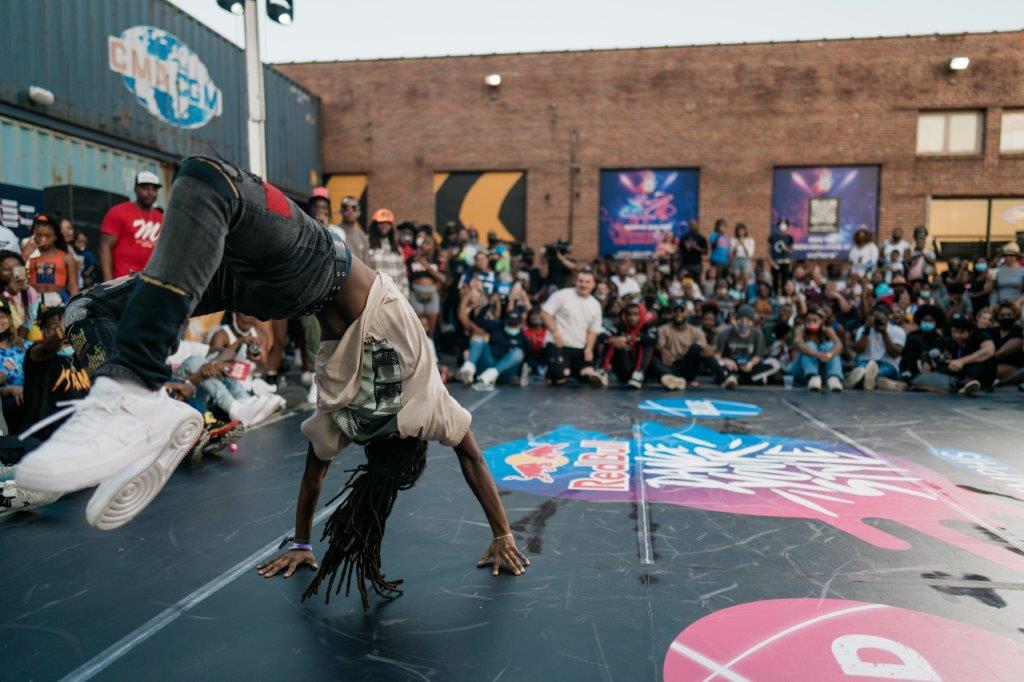
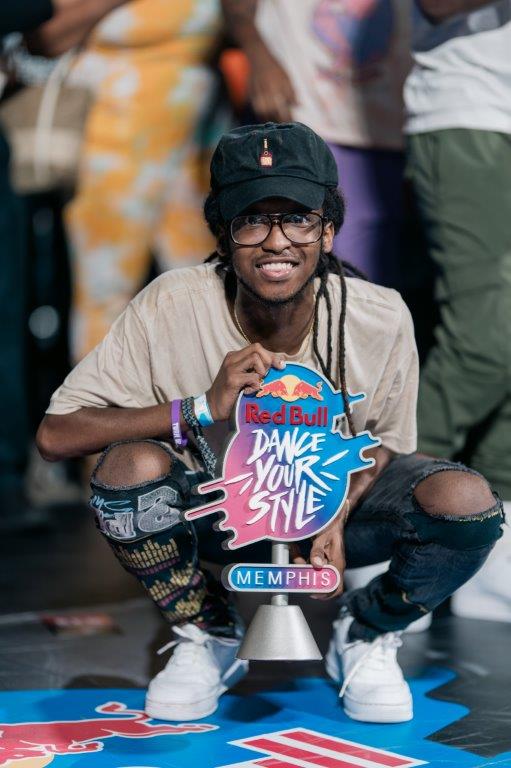
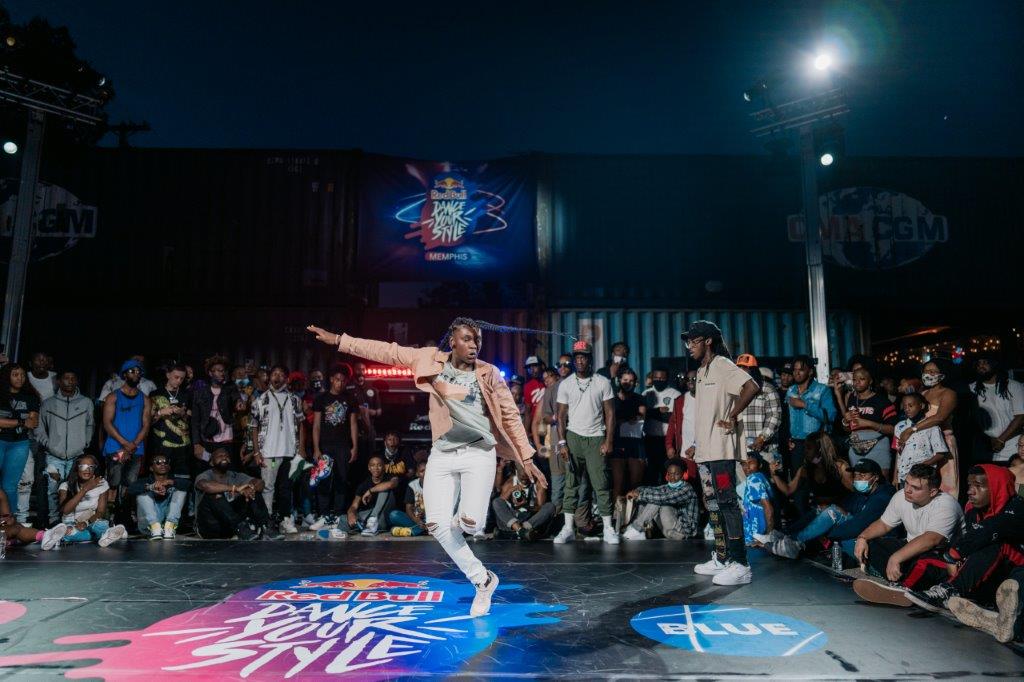
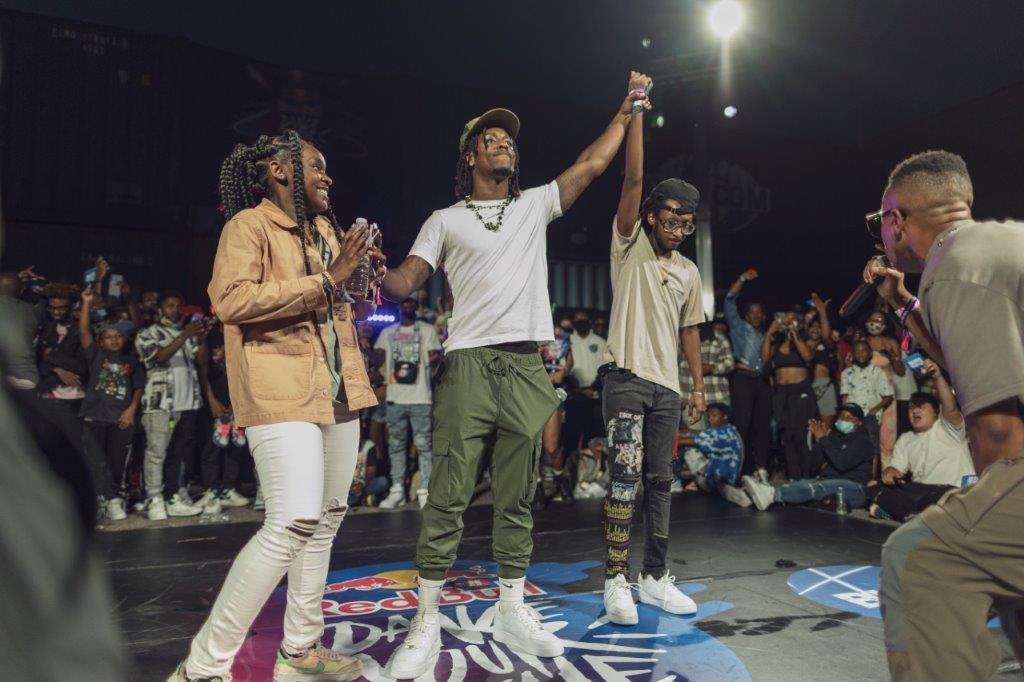
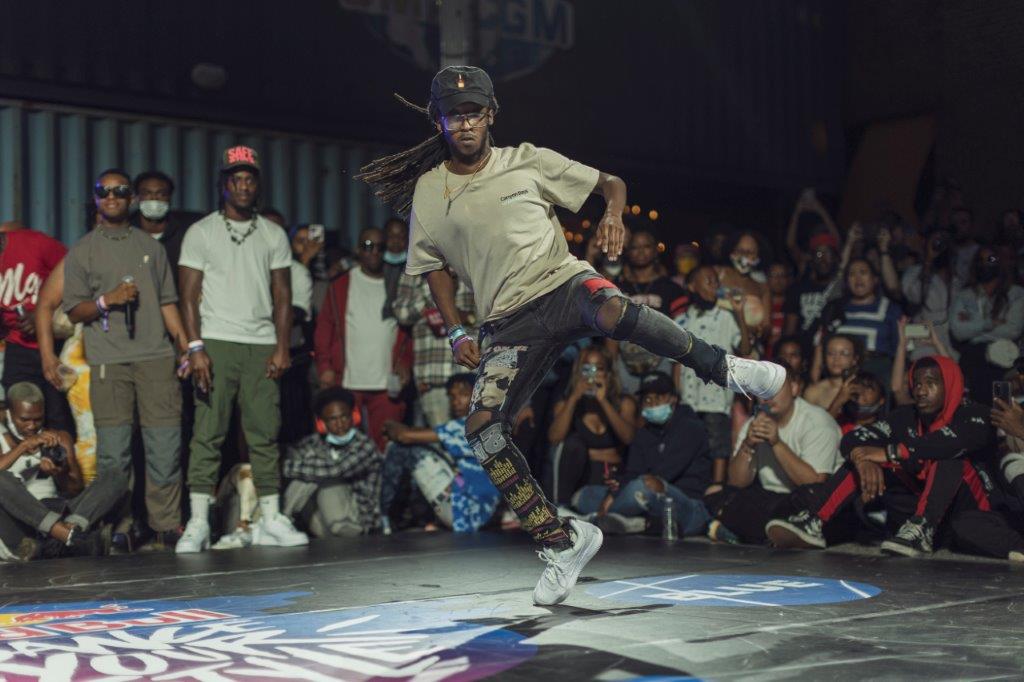
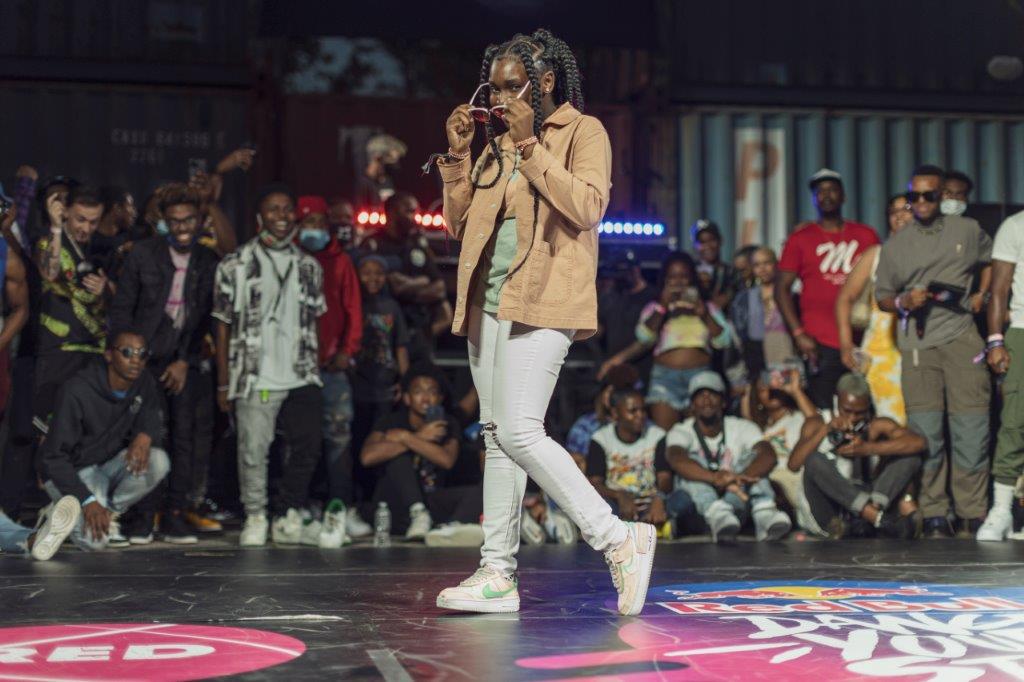
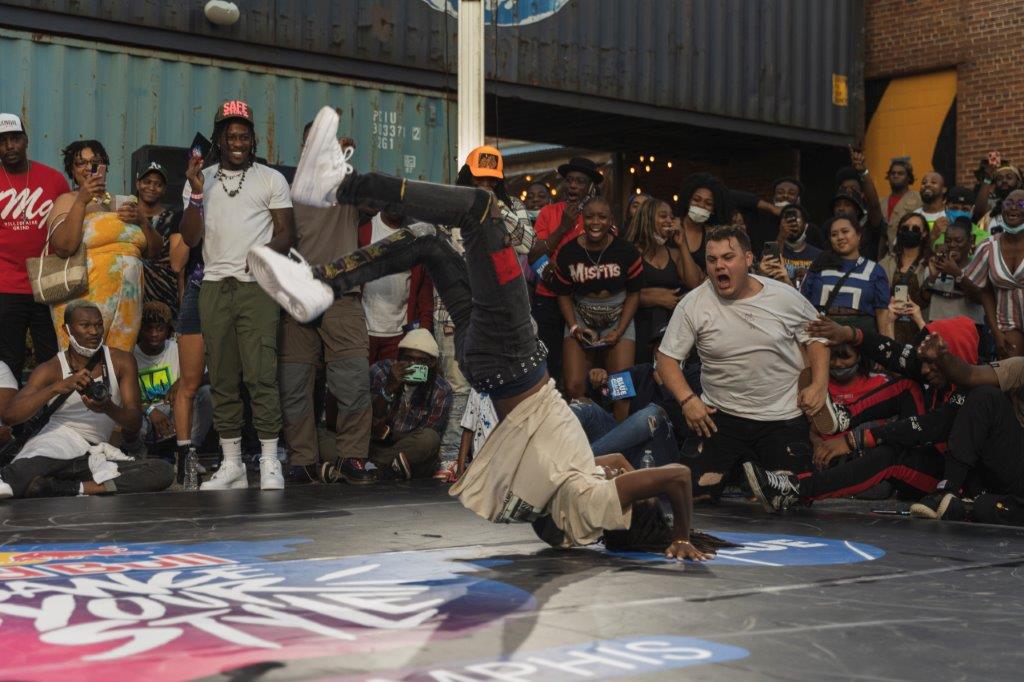
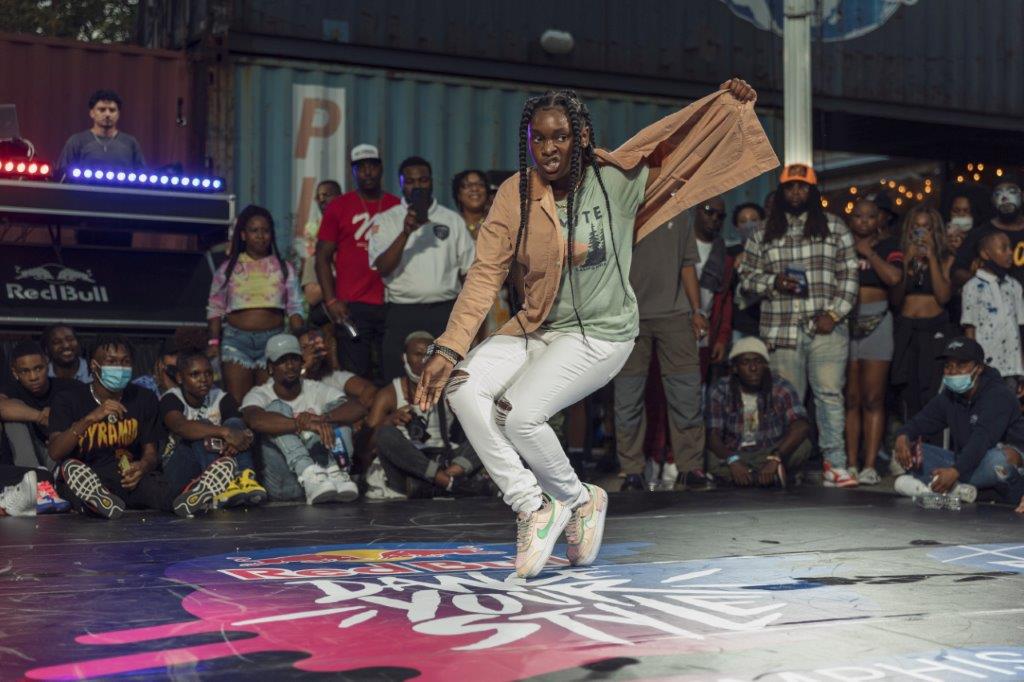
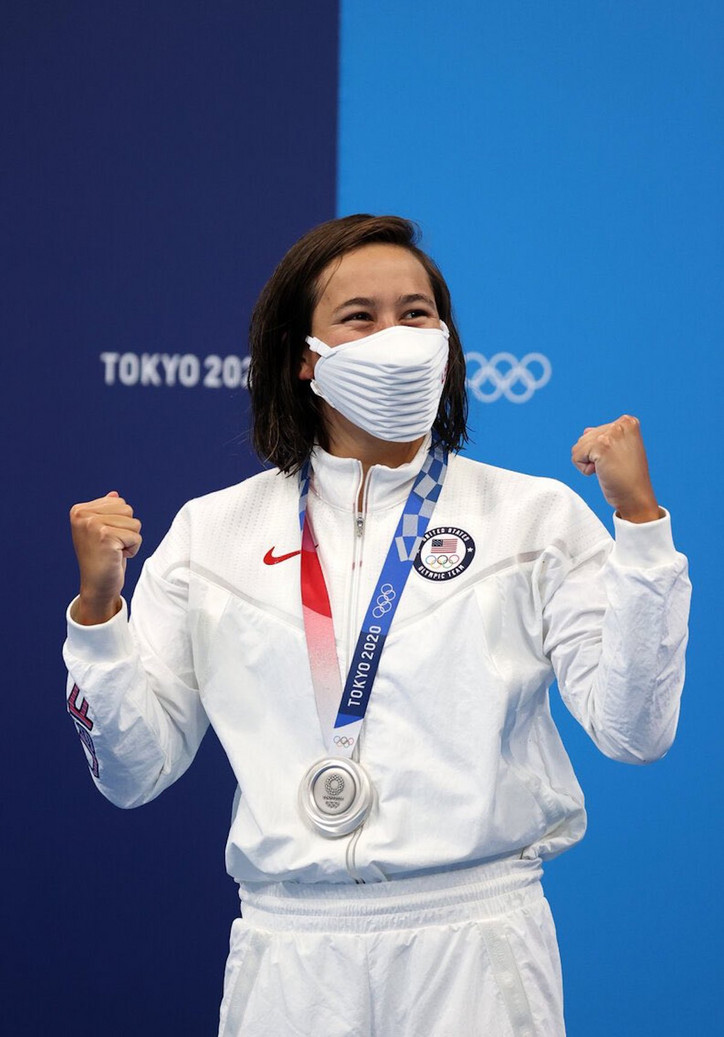
While the title of ‘Olympian’ may seem intimidating, Sullivan really is just another 20-something girl at heart. When out of the pool, she spends her time like the rest of gen z — watching movies, listening to Lorde, and obsessing over fandoms on the internet. She often finds herself meshing swimming with these hobbies, as seen in her “people in swimming as the 2021 oscar best picture nominees” Twitter thread.
After taking time off from school to train for the 2020 games, Sullivan is attending the University of Texas to pursue one of her other interests — filmmaking. While her social media followers have witnessed her love of movies over the years, she now has the chance to put that passion to work and is even writing a screenplay of her own!
As the whirlwind of the Olympics finally began to settle, Sullivan sat down with office to discuss her past experience and future endeavors. Check out the exclusive interview below!
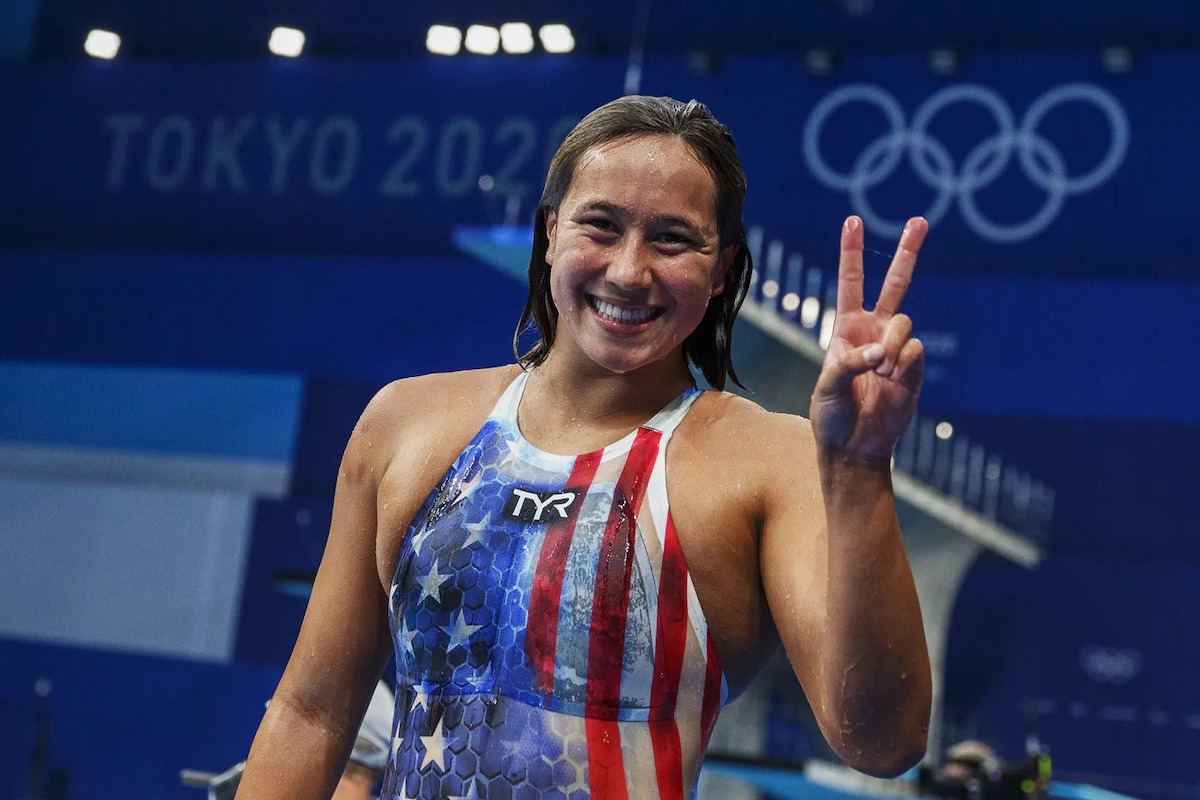
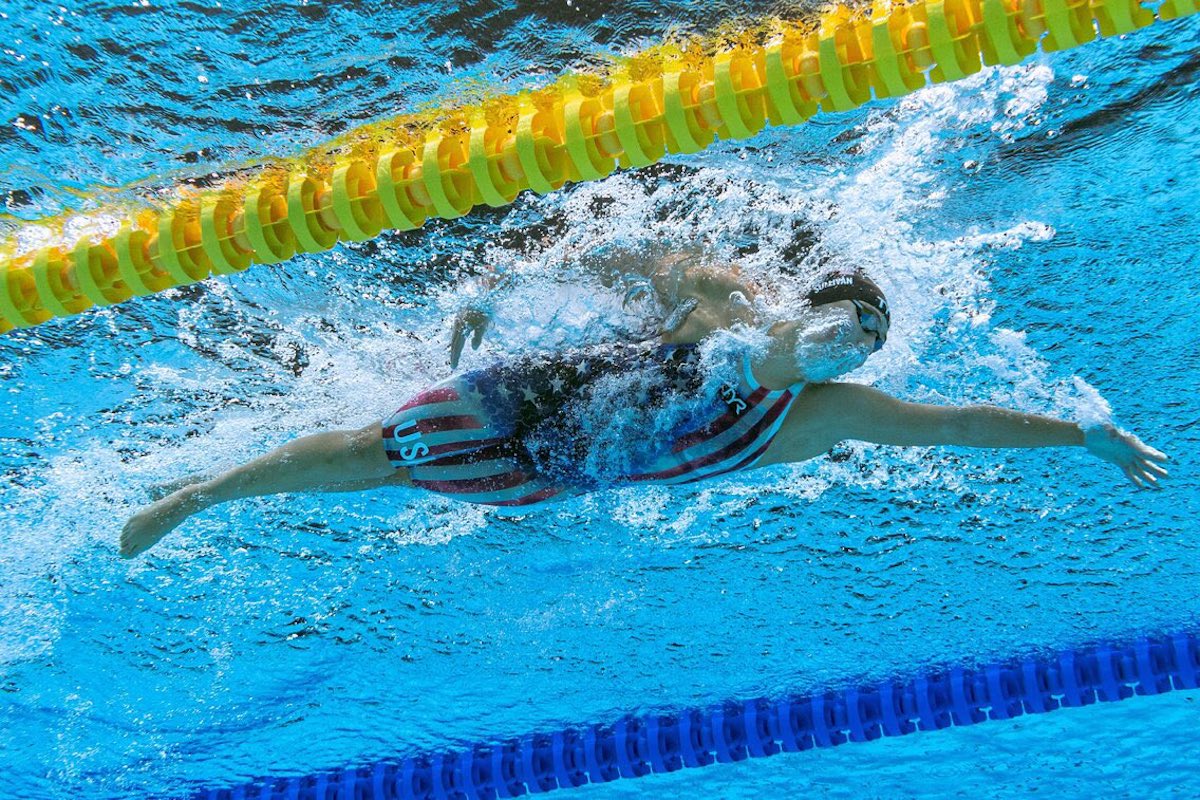
Olympic Tik Tok is a relatively new thing that gave us outsiders an inside look at what the games are actually like. Was the experience at all what you expected?
Funny how that worked out. So, I normally hate Tik Tok. I don't like being in front of a camera, I like to be behind it — that's just always been my rule of thumb. But NCAA athletes can make money now, so I was on the phone with a company and they said that I needed to improve my social media following. Because before the Olympics, I had like 5,000 followers on Instagram like 900 on Twitter. I had a few mutuals, but like not really — and zero on Tik Tok. Never really posted — I hated to post, just liked to watch. And then me and my friends just started messing around just being like, ‘Okay, well we have to try to build our social media anyway.’ So we started making Tik Toks, and then after my medal, the gays found me and mine just kind of shot up. But it's been crazy because I've never really been a fan of making Tik Toks, so now it's just, like, my place to post whatever I want.
I saw the Tik Tok where you said you were the only gay girl on the swim team this year. What was that like?
It sucks, it really does. Especially because in the world of swim, I don't think there's that much queer represent representation yet in terms of the lesbian community. Yeah, it's a tough little situation to be in. I mean, at the end of the day, I'm more comfortable with my queer friends — more than a majority of my straight friends — just ‘cause they understand the struggles and the tribulations that we have to go through. But luckily my roommates are so accepting and so chill and they're all close to my age range, so they would somehow make it relatable and make sure I was in the conversation. Like, it was fun, but I hope we have more queer women in the world of swim in the future.
Do you have any pre-meet rituals?
Whenever we go over a railroad, we lift our feet and clap our hands for good luck. For me — it's more so fear-based — but once a meet starts, I don't wash my hair because with conditioner in your hair, your cap will fall off. Other than that, I think our pre-meet routine is just so straightforward. I do my dynamic warm-up exactly the same. I wake up three hours before my race. I get there two hours before my race. I put my suit on 25 minutes before my race. I have a set schedule and routine of how I do everything.
Since you're on stan Twitter, I know you’re not a stranger to fancams — but what was it like seeing a fancam of yourself for the first time?
It’s so cool! ‘Cause I made fancams — like, I made movie edits on Instagram — and the fact that people are making edits of me now is really bizarre. I love them and I will hype them up because I know how much time those take and they're a pain in the ass to make sometimes. I've done a few Taylor Swift edits, I've done ‘Little Women,’ and then I've done all of my favorite films. So, like, I made a collab with ‘Booksmart,’ ‘Moonlight,’ ‘Ladybird,’ ‘Edge of Seventeen,’ ‘Atonement’ — like those kinds of films.
You said you’re writing a movie. Can you tell me a little bit about that?
Of course. It's called ‘Souls of Hooper,’ and it takes place in Hooper, Utah. It's an overwhelming arc of these two girls in Utah 2009 where the Mormon Church is really heavy. So, there’s this one girl who's a minority in a sense where she's not in a Mormon Church, and she's just kind of like, ‘Fuck the religion side of things.’ And the other girl is very heavily involved in the church. It's pretty much about their relationship and how it blossoms and how they have to stay closeted through the Mormon Church. And it's pretty much a giant ‘fuck you’ to the Mormon Church. I didn't grow up Mormon, but I grew up around a lot of Mormons in Vegas, so I just want to bring that to light. It delves into some pretty serious topics, so I want to make sure I do it right. Honestly, I would like to direct that myself, but I’m excited to see what I could do with it.
How'd you get into film to begin with?
I always knew I liked the overwhelming arc of cinema as a whole, just ‘cause my dad was into Western films and all that stuff. ‘Singing in the Rain’ was my favorite movie at three, which is, like, so pretentious and douchey of me. And then — I feel, like, just like every single lesbian want-to-be coming of age director — I saw ‘Lady Bird,’ and that made me want to be a filmmaker.
Is there anyone in particular that you aspire to in the film industry?
Yeah. I mean, Gerwig is up there. She's just so articulate with her writing style. I feel like ‘Portrait of a Lady of Fire’ was a little too mainstream for me, but Celine Scammia in, like, ‘Water Lilies’/‘Tomboy’ era would've been cool. I feel like, now, she's a little above the realm of the kind of movies I want to make — like, period pieces are not my typical cup of tea — but I really like her. I like Lulu Wang too. I just like the touch of delicacy that female directors have, you know what I mean?
Definitely. What film character do you relate to the most?
Ooh, I would say my go-to are typically Amy from ‘Booksmart’ and Nadine from ‘The Edge of Seventeen.’
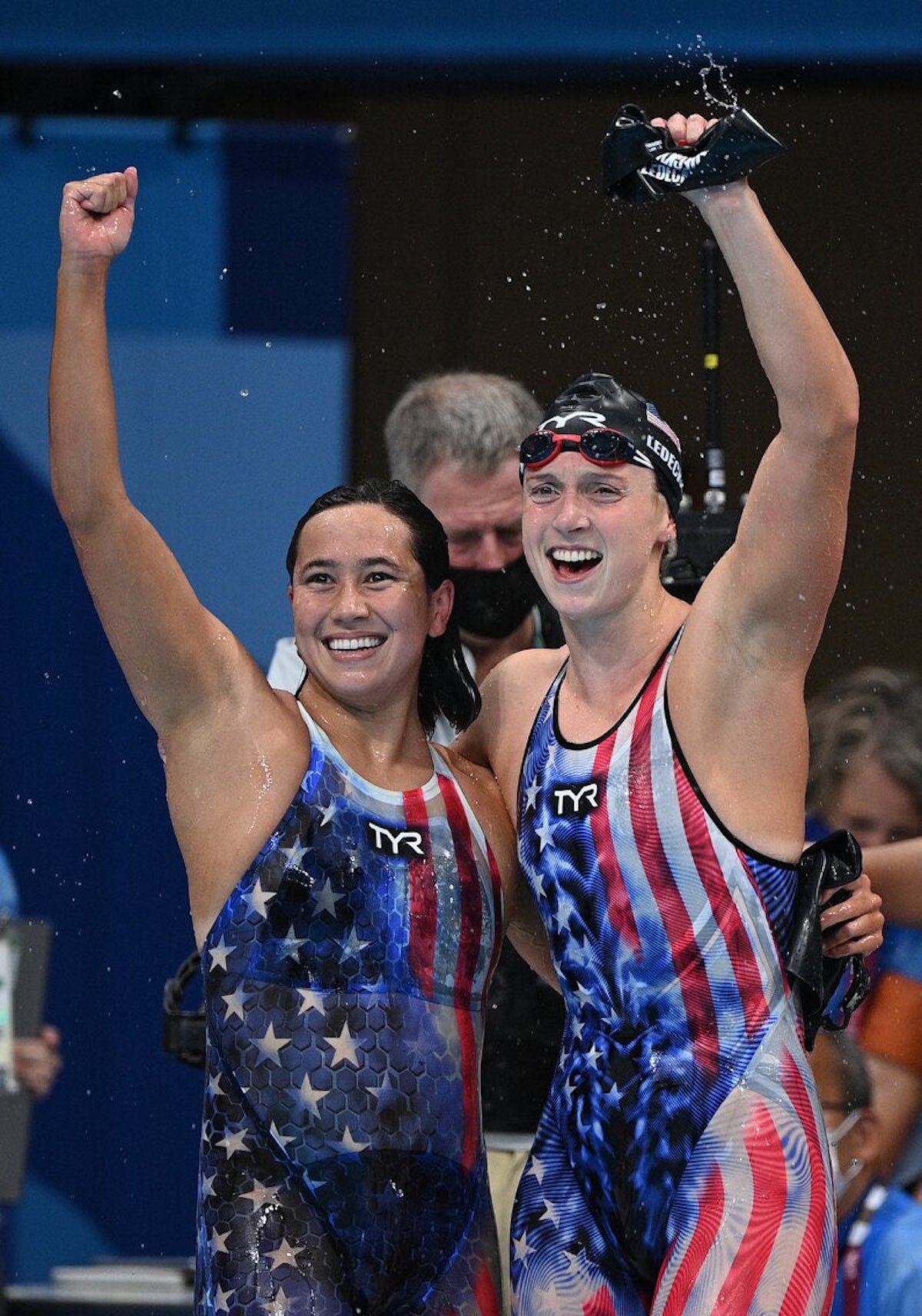
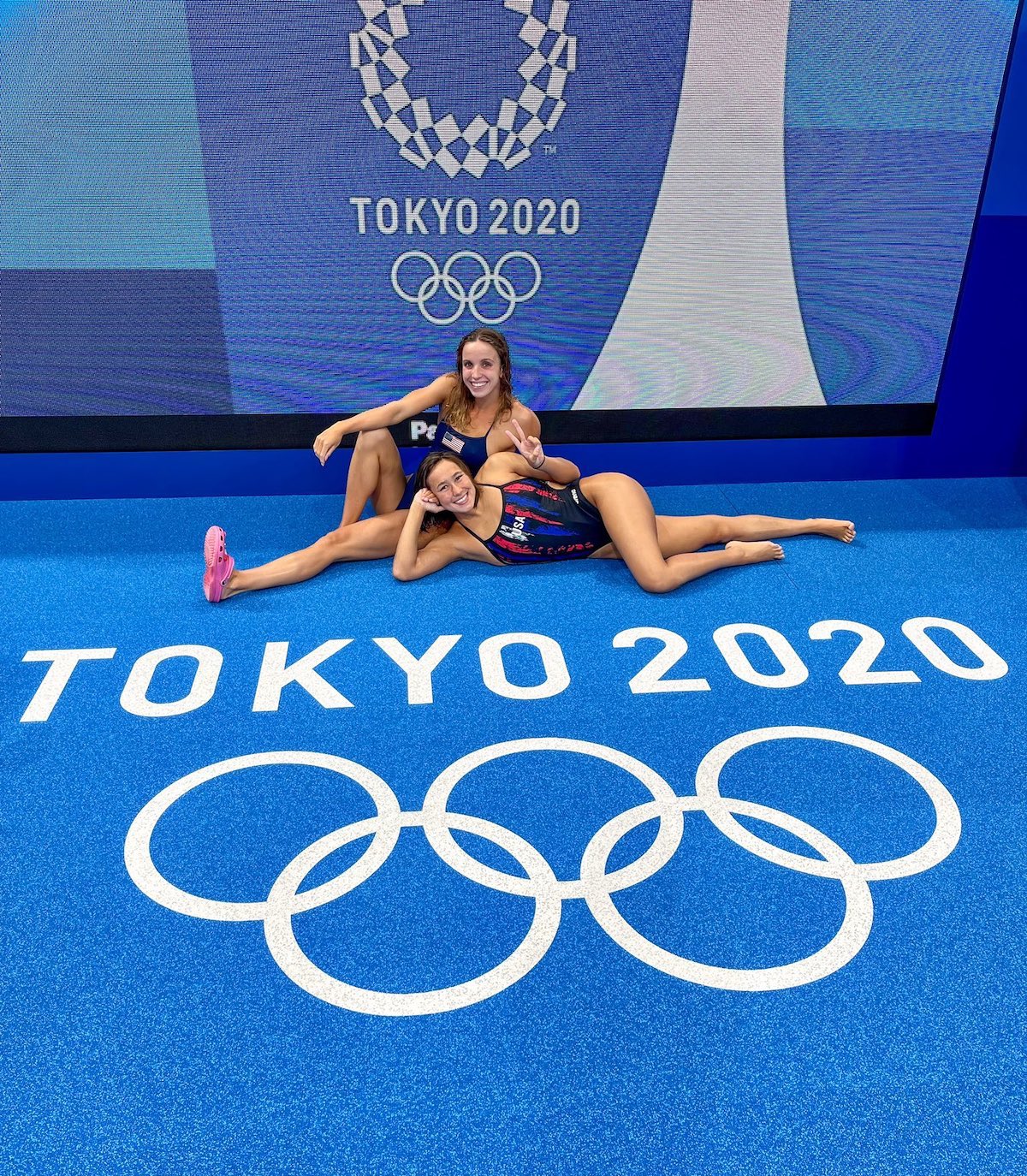
How did you balance your time between training and your hobbies?
I didn't. Honestly, I feel like in May, June, July, and August, I've had no time to watch movies, no time to listen to music or podcasts — anything like that. But before that, all I did was just eat, sleep, swim, apply to film school, so I'd sit in bed all day and just watch movies. And since I'm so old — like, I deferred college for three years to try to make the Olympic team — most of my friends are off at college. So, I just had so much more free time and it was like, I could either hang out with the 15-year-olds who are all like boy crazy right now and going through that phase in their lives, or I could just sit at home and watch a movie. I think I was just leaning more towards the movie side of things.
You said like that there wasn't really any queer female representation in the swimming community, but was there anyone else you looked up to? How did you stay inspired to keep going even when you may have felt like you were alone.
Yeah, I would say a big one was — they were Olympians in this quad — Ashley Twichell and Haley Anderson. They did marathon swimming, and Ashley's brother is openly gay so she's just been a really big ally for the community. When I was turning 17-years-old and just coming out as gay, she had a pride flag on her water bottle — it was just a little sticker. And at the Olympic trials this year, she had a pride flag on her cap. Even though she's not in the community, just her showing little things like that made me feel comfortable. I feel like she stepped up when there was no voice within the whole world of swim. I think she helped a lot of people, including myself.
Finally, what do you want to say to any young people who now look up to you as a source of inspiration?
I'm honored, simply put. At the end of the day, I've just been the nerd who likes to watch movies and obsess over Taylor Swift and tweet stupid things. And the fact that I'm inspiring people to come out or keep swimming or come out to their swim team — it's such a weird healing to me. It's just like, ‘How did I, the person who likes to put weird reviews on Letterboxd, get put in that kind of power?’ And at the end of the day, I'm so immensely grateful for that opportunity.
